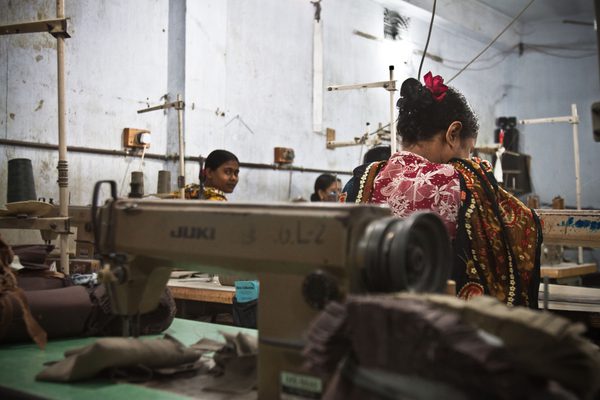Where have the UN Guiding Principles Taken Us and Where Do We Go Next?
20 June 2016

On June 16, 2016, IHRB and the International Corporate Accountability Roundtable (ICAR) co-organised a commemorative event to mark the five-year anniversary of the unanimous adoption of the UN Guiding Principles on Business and Human Rights (UNGPs). The event was hosted by Clifford Chance in Washington, DC.
During the event, Professor John Ruggie and a multi-stakeholder panel discussed what has been achieved in the area of business and human rights since the UNGPs were adopted, where gaps in protection continue to exist, and what the most appropriate next steps are in the movement toward greater corporate accountability for human rights.
From the many notable observations offered by the speakers and by many of the approximately 50 attendees, ICAR and IHRB would like to highlight the following key takeaways:
- The UNGPs provide a requisite common language for business, civil society, and host and home States alike. At the same time, many spoke about the desirability and even inevitability of moving away from voluntary initiatives and into the domain of regulation, including mandatory due diligence, to better protect people on the ground and to ensure enforceability and consistency of outcomes.
- The international treaty process is part of the emerging regulatory dynamic that has begun to take shape since the adoption of the UNGPs. However, this process must become more concrete and narrow in its scope if it is to effectively take shape.
- National Action Plans (NAPs) on business and human rights play a key role in the promotion of the first Pillar of the UNGPs. However, States should approach NAPs as a gap analysis and gap filling exercise, rather than solely as a mapping of what has already been done to date.
- In the area of remedies, States must step up their efforts in both the judicial and non-judicial spheres, as governments are notably lagging behind in fulfilling the third Pillar of the UNGPs.
- Both public and private financial institutions must more comprehensively and strategically carry out their business relationships consistent with the UNGPs.
- The UNGPs are a floor and not a ceiling, and companies must go beyond "respecting" human rights and move into the "protecting" mode, for example, when dealing with human rights defenders.
- Eventually, corporate attention to human rights must become as natural and instinctive as a mining worker reaching out for a hard hat when heading into a mining site.
Overall, the event highlighted the many notable achievements that have taken place in the business and human rights arena since the adoption of the UNGPs, but ultimately called for all stakeholders to better "walk the talk" of the UNGPs in order to ultimately address the many challenges that remain.




